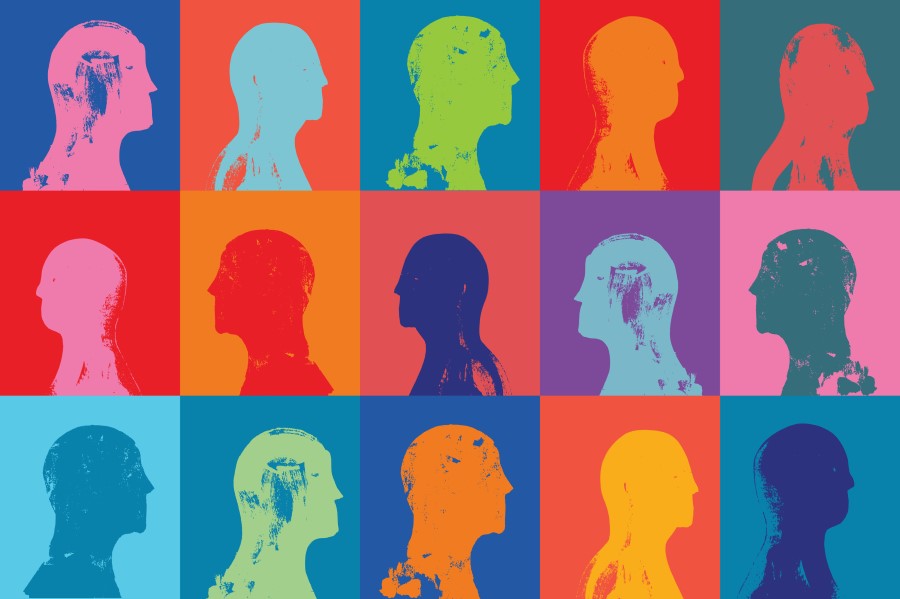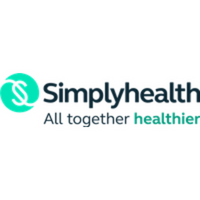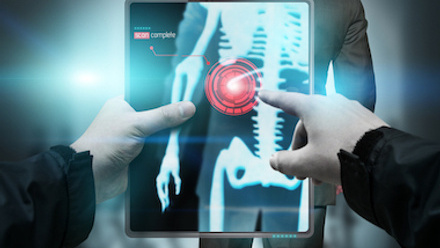Supporting the mental wellbeing of your employees: why Mental Health First Aid is an important tool

Anxiety about personal finances, job instability, staying healthy and dealing with bereavement are some of the factors that have pushed mental ill-health levels to an all-time high. The mental health emergency survey (June 2020) undertaken by mental health charity Mind revealed that 65% of adults over 25 with an existing mental health problem reported worse mental health during lockdown. And more than one in five adults with no previous condition now report poor or very poor mental health.
The long-term effects of the Covid-19 outbreak are yet to unfold. We know that, in normal times, as many as one in four people in England will experience a mental health problem of some kind each year. The coronavirus pandemic adds another layer to this, leading Mind to urge the government to “plan for recovery from [a] coronavirus mental health crisis”.
What this means for employers
This poses a critical challenge for employers. If mental health wasn’t on your agenda before, it needs to be now. Our workplace wellbeing research with the CIPD, shows that four-fifths of organisations design their health and wellbeing activity to promote mental health to a large or moderate extent.
There are a range of approaches employers can take to support employee mental health. Access to counselling services, employee assistance programmes (EAP), and increasing awareness of mental health issues across the workforce are all becoming more common.
What is Mental Health First Aid?
Mental Health First Aid (MHFA) is training that teaches people how to understand and identify mental health issues. It teaches how to spot signs of mental ill-health, how to listen and respond, and how to signpost people to further sources of help and support like a GP, EAP or counselling service.
MHFA is becoming more common as a way for organisations to manage employee mental health at work. Over the last three years, we’ve seen a steady increase in the number of employers who provide MHFA training in our Health & Well-being at Work report – rising from just 19% in 2018, to 47% in 2020. An encouraging trend!
Why provide MHFA training?
We know that mental health support can often fall on the shoulders of line managers. They are usually the first port of call for employees who may be struggling, yet many do not receive the training they need to deal with these types of issues.
In fact, our research shows that only 60% of organisations say line managers are trained to manage stress, leaving a significant proportion who might not have the skills to tackle this cause of poor mental health. MHFA training can be opened up to all employees, helping to lighten the load for line managers, and providing a robust foundation for all aspects of mental health support.
Having MHFAs at all levels of the organisation also means that your messages about mental health can be shared peer-to-peer, rather than only from the top down. This can really help to raise awareness and break down the stigma that is sometimes associated with mental ill-health.
MHFA in action
At Simplyhealth, supporting our colleagues with their health and wellbeing aligns to the very heart of our purpose; building on the belief that prevention is better than cure, and helping our customers and colleagues to stay healthy now and in the future.
We have many support tools for our colleagues, but having friendly, familiar faces to turn to at work, can provide an encouraging first step in reaching out for support when our colleagues need it. That’s why we have 50 volunteers who are trained MHFAs, including Andy O’Neill, talent acquisition specialist. He explains why becoming a MHFA was so important for him:
“Having experienced my own challenges in the past, I was surprised by how many people reached out to me when I returned to work to offer their support. These were people who I would never have suspected had suffered with their mental health, which goes to show that such feelings are often hidden and much less likely to be talked about – especially amongst men,” he says.
“Becoming a Mental Health First Aider for me is about trying to pass on to others the support I received when I needed help; I’m not afraid to speak up, to talk about the difficulties I had and to encourage others to do the same. I hope that any guys that hear me speaking about my difficulties would take strength from that to open up if they have challenges themselves.”
Want to know more?
We’ve created a helpful guide for employees which covers how we have introduced MHFAs here at Simplyhealth, support and resources for employees, plus tips on how to raise your profile as a Mental Health First Aider. Download it here.
And for more ideas on supporting mental health, take a look at our seven free resources for mental wellbeing at work.
This article was provided by Simplyhealth; the original article can be found here.
In partnership with Simplyhealth
Our health plans make it easy for people to maintain their health&wellbeing.






